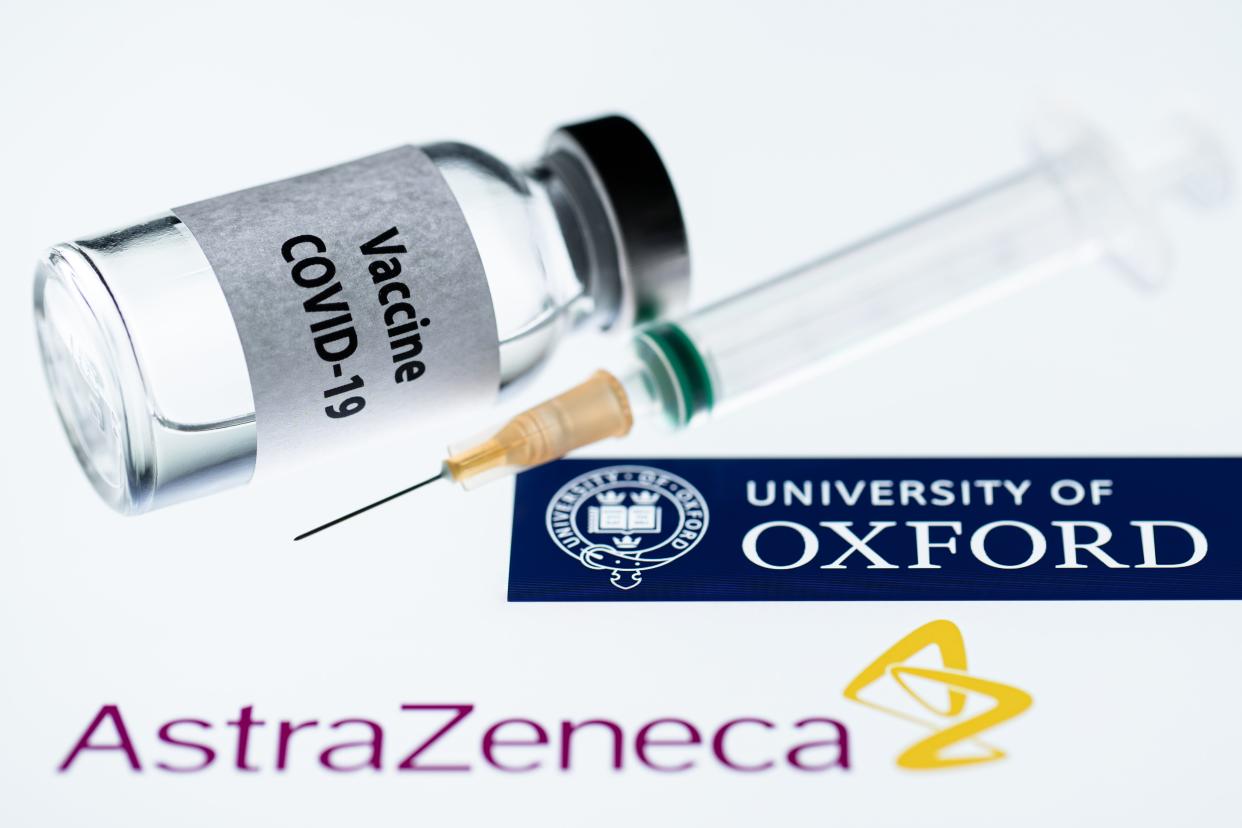Oxford vaccine: Who will get it and when?

The Covid-19 vaccine developed by the University of Oxford and AstraZeneca has been approved for use in the UK – offering new hope that the pandemic can be brought under control in a matter of months.
Health secretary Matt Hancock said the approval was “fantastic news”, while Boris Johnson said the UK will “now move to vaccinate as many people as quickly as possible”.
Here’s all that we know so far on who will get the newly approved vaccine, how many doses the government has secured, and how quickly the roll-out will now proceed.
When will the vaccine begin?
The health secretary confirmed that the roll out of the Oxford-AstraZeneca coronavirus vaccine would begin on Monday, 4 January. “The number that will be ready for next week is in the hundreds of thousands and then the numbers increase significantly after that,” Mr Hancock told BBC Breakfast.
The government has already secured 100 million doses of the Oxford-AstraZeneca vaccine, and it is hoped tens of millions of doses can be produced in the first quarter of next year. “We’ve got enough of this vaccine on order to vaccine the whole population,” said Mr Hancock.
AstraZeneca chief executive Pascal Soriot said the company will be able to ramp up production of the vaccine “very rapidly”. He told the Today programme it will be able to produce up to two million doses a week. “The vaccination will start next week and we will get to one million a week and beyond that very rapidly,” said Mr Soriot.
“We can go to two million [a week],” he said. “In January we will already possibly be vaccinating several million people, and by the end of the first quarter we are going to be in the tens of millions already.”
Watch: What do we know about the Oxford Covid-19 vaccine?
How will a vaccine be rolled out?
There is less uncertainty over the rollout of the Oxford-AstraZeneca vaccine, with the scene having been set earlier in December with the Pfizer-BioNtech jab. Like the Pfizer-BioNTech vaccine, people will need two doses.
All of those on the priority list created by the Joint Committee on Vaccination and Immunisation (JCVI) have not yet been vaccinated. Therefore, vaccinators will continue to work their way through the list.
The JCVI’s guidance says the order of priority should be: older adults in a care home and care home workers, then those over 80 years and health and social care workers. This is followed by all those who are 75 years, then all those who are 70 years of age and over and clinically extremely vulnerable individuals.
Then attention turns to those who are 65 years of age and over, and then individuals aged 16 to 64 years with underlying health conditions. Finally, vaccinators will turn to those under 60 and work their way down through the age groups.
Asked if care home residents will get the vaccine from next week, Mr Hancock said: “Yes. In the first instance, it will be administered in hospitals, as the Pfizer vaccine was, and then we’ll be able to get out and vaccinate all the residents of care homes, or offer the vaccinations to all residents of care homes, and care home staff.”
"We can be confident that by the spring we will be able to be through this"
Health Secretary Matt Hancock says the Oxford/AstraZeneca vaccine means we're closer to returning to normality but we still need to "hold our nerve" and follow restrictions to suppress the virus #r4Today pic.twitter.com/vwbV3lghXR— BBC Radio 4 Today (@BBCr4today) December 30, 2020
Aren’t there other vaccines? Which jab is best?
Yes. As well as the Pfizer vaccine which has an efficacy of 95 per cent, a number of other jabs the UK has secured doses of. Oxford data indicates the vaccine has 62.1 per cent efficacy when one full dose is given followed by another full dose, but when people were given a half dose followed by a full dose at least a month later, its efficacy rose to 90 per cent.
Final results from the trials of Moderna’s vaccine suggest it has 94.1 per cent efficacy, and 100 per cent efficacy against severe Covid-19. Researchers say it is difficult to make direct comparisons because it is not yet known exactly what everyone is measuring in the trials.

Margaret Keenan becomes first person to get Pfizer jab
AFP via GettyWill people get a choice about which vaccine they are given?
As things stand the vaccines will be rolled out as and when they become available, but no announcement has been made on whether one might be given priority over another as they become ready on a mass scale. People are not expected to be able to choose which jab they want to receive.
What other vaccines might the UK have access to?
The initial doses of the Oxford jab are due to be dispatched from Germany, with a large proportion then manufactured in the UK. As well as the 100 million doses of the Oxford vaccine, the government has secured 40 million doses of the Pfizer/BioNTech vaccine – the first agreement the firms signed with any government.
It has also secured seven million doses of the jab on offer from Moderna in the US; 60 million doses of the Novavax vaccine; 60 million doses of a vaccine being developed by Valneva; 60 million doses of protein adjuvant vaccine from GlaxoSmithKline (GSK) and Sanofi Pasteur, and some 30 million doses of the vaccine from Janssen.
Watch: Should I pay off debt or save money during the coronavirus pandemic?
Read More

 Yahoo News
Yahoo News 
